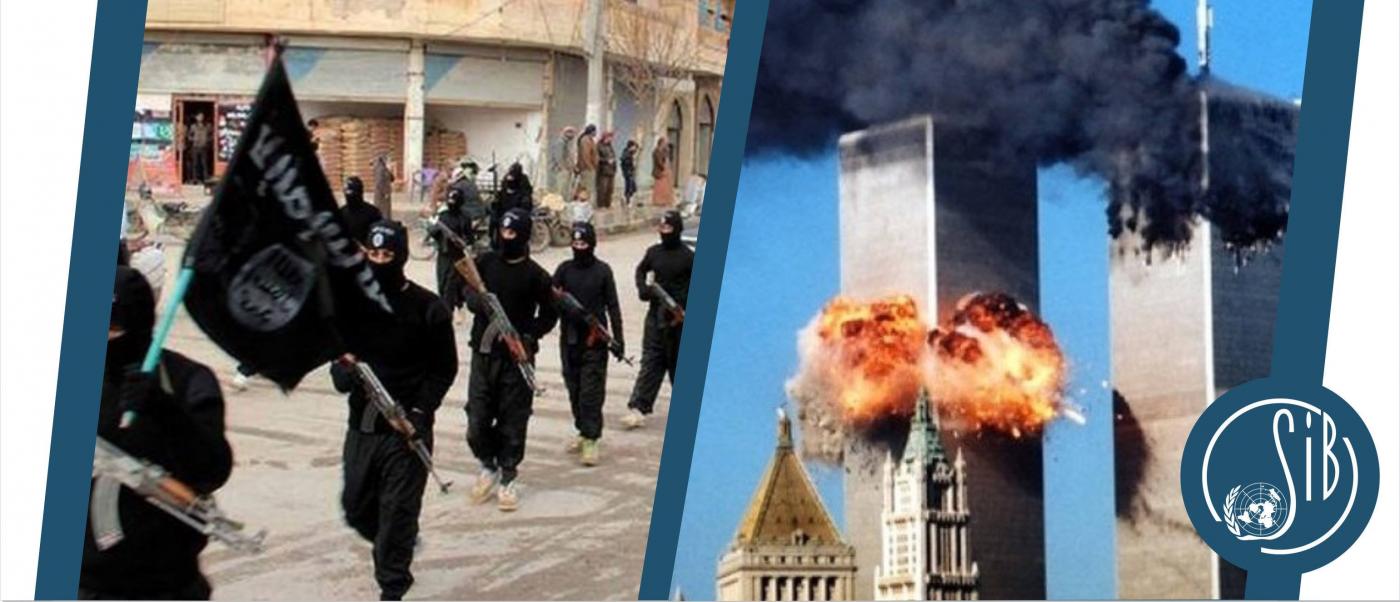
Lecture organised by SIB Utrecht
11 september - 19:45h till 21:45h - Instituto Cervantes (Domplein 3, Utrecht)
On this very day, it has been exactly seventeen years since the attack on the World Trade Center in New York. This attack was the direct cause for the War on Terror. This term, first introduced by President Bush five days after the attack, was used, among other things, to justify the invasion of Iraq. This also caused the necessary criticism for the chosen approach against counterterrorism. The US stated that “either you are with us, or you are with the terrorists”. According to many, the US used the War on Terror to suppress other states and terrorism could be fought better through international institutions such as the UN, instead of a 'Coalition of the Willing'.
In 2013, Bush's successor, President Obama, declared that the War on Terror was over. He argued that there would not be a war against a strategy, but against specific groups. A year later he announced the end of the military operation in Afghanistan. The sudden rise of IS, then ISIS, was nevertheless a cause for new military missions to the Middle East. To what extent are these missions in accordance with the War on Terror that President Bush announced at the time? Is there continuity or was Obama right and did the War on Terror end five years ago?
In addition, the current US president has announced that he wants to withdraw his influence from the Middle East as part of his 'America First' policy, but he also wants to destroy IS. What is the current foreign policy of the US in relation to (counter)terrorism?
Speaker:
Terrorism expert Peter Knoope is former director of the International Center for Counter-Terrorism (ICCT). He previously worked for the National Coordinator for Counterterrorism. He is currently a senior visiting fellow at Clingendael, the Dutch Institute for International Relations.